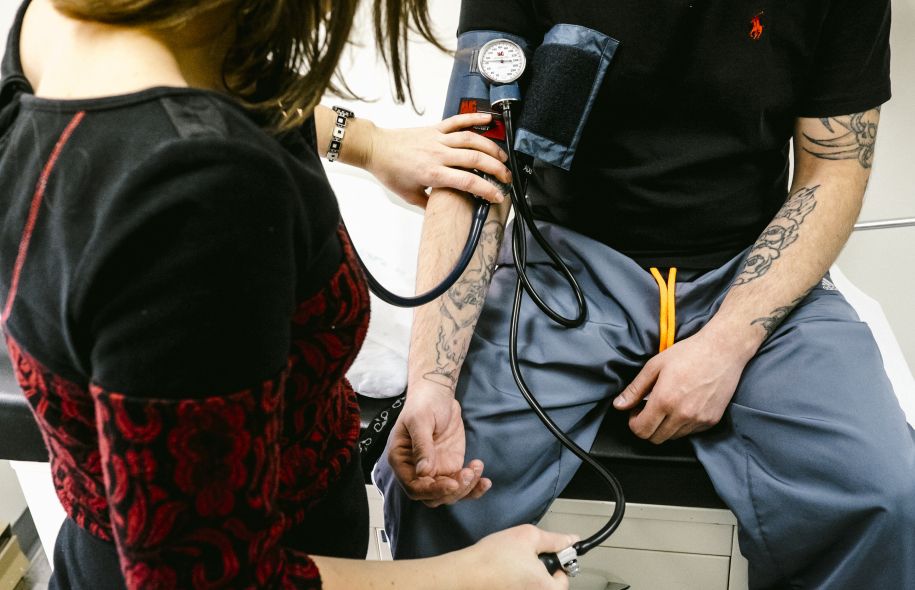Indigenous Youth Leaders are Taking Action on HIV in their Communities!
September 6, 2016 • By Sarah Flicker and the Native Youth Sexual Health NetworkTaking Action II is a community-based action research project about building and supporting Indigenous youth leadership in the HIV/AIDS movement. We are a group of Indigenous youth leaders, Indigenous community-based organizations and university-based researchers. We wanted to create awareness around HIV, sexual health, and decolonization in First Nations, Métis, and Inuit communities across Turtle Island (also known as Canada).





